We spoke to Jerreh Barrow, Commissioner for Petroleum, Ministry of Petroleum and Energy, The Gambia, about the petroleum sector within the West African country.
Exclusive - We spoke to Jerreh Barrow, Commissioner for Petroleum, Ministry of Petroleum and Energy, The Gambia, about the petroleum sector within the West African country.
“MSGBC is turning out to be beyond what was ever expected in that, since the 2014 discoveries, 11 successive and successful wells have been drilled in the North of Gambia and this has caught the attention of the petroleum industry as evidenced in the sky-rocketing interest.”
“Gambia has over ten thousand square kilometres of offshore acreage and preliminary resource estimates in this are over three billion barrels of oil. In answering this question, it is worth mentioning that Gambia and Senegal has long standing inextricable socio-cultural relations and bonds. In addition, there are excellent political relationships and very well defined maritime boundaries.”
“The above mentioned prospectivity and resource estimates are purely based on seismic data intereprations, since no exploration well has been drilled in the past three decades. However, excellent 2D and 3D seismic, have been acquired during the past few years across Gambian offshore acreages.”
“Though we are at an early stage in the exploration cycle, a conscious policy is being aggressively pursued to lay the foundation for creating linkages with the local economy to leverage the opportunities created by the petroleum industry. We have included forward looking provisions in the licence agreements in anticipation of the development of the sector. The strategy in Gambia is a realistic and futuristic in that we are developing the local content regime cognisant of our current realities and the state the industry should be in the future.”
“Many things need to happen to optimise benefits of these potential resources. Broadly speaking good governance, strong management institutions, capacity building, robust legislative and regulatory frameworks are all critical for the optimal benefiting from the project.”
How important is oil and gas exploration and production to The Gambia?
“Oil revenue has the potential to significantly change the economic situation of Gambia and hence the wellbeing of Gambia.”
What are the oil and gas prospects for Gambia? We have all heard of the MSGBC Basin but is there more to Gambian oil and gas than that play?
“The MSGBC, as you know, is one of the largest sedimentary basins in Africa and is also becoming one of the most prospective ones for petroleum exploration with different play types being investigated. I used ‘investigated’ because the MSGBC is also one of the least explored regions and hence potentially holds many play types. Specifically speaking about Gambia, laying in the central of the MSGBC, with discoveries to both the North and South, the prospectivity is predictably high. There have been many prospects identified on trend with, and just few kilometres away from the SNE and FAN discoveries in Senegal.”
A few years ago the MSGBC Basin was called the rising star of Africa – is it living up to that billing?
“MSGBC is turning out to be beyond what was ever expected in that, since the 2014 discoveries, 11 successive and successful wells have been drilled in the North of Gambia and this has caught the attention of the petroleum industry as evidenced in the sky-rocketing interest.”
How much of this resource falls under Gambia’s control?
“Gambia has over ten thousand square kilometres of offshore acreage and preliminary resource estimates in this are over three billion barrels of oil. In answering this question, it is worth mentioning that Gambia and Senegal has long standing inextricable socio-cultural relations and bonds. In addition, there are excellent political relationships and very well defined maritime boundaries.”
What have been the results of seismic surveys and exploratory drilling?
“The above mentioned prospectivity and resource estimates are purely based on seismic data intereprations, since no exploration well has been drilled in the past three decades. However, excellent 2D and 3D seismic, have been acquired during the past few years across Gambian offshore acreages.”
How close are we to fields producing?
“Geologically speaking, Gambia is still at the early exploration stages of exploration with a deep offshore exploration well expected to be drilled during the latter part of the year, but geologically speaking we are in a proven province.”
What oil and gas operators are working in Gambia at present and how are they faring?
“Currently two blocks are licensed to FAR and Erin with Petronas seeking to farm into these licenses. All of this is a testimony to the prospect and conduciveness of the investment environment in Gambia.”
What support is available from the government in Gambia?
“Government provides the support through a network of institutions directly or indirectly involved in the implementation of the licenses. This includes facilitation in permit acquisition and importantly in getting approvals needed for the operators to make decisions.”
The Gambia is heavily dependent on imports to meet its requirements of petroleum derivatives, how is it addressing that with these prospects?
“As indicated earlier, Gambia is not producing oil hence will continue to import oil for domestic use in the short and medium term. However, as part of the long term local content and value addition drive and given the strategic location of the country, we intend to process and add value for local consumptions as well as export.”
How are you ensuring that the people of Gambia benefit from these resources by way of local content or ownership?
“Though we are at an early stage in the exploration cycle, a conscious policy is being aggressively pursued to lay the foundation for creating linkages with the local economy to leverage the opportunities created by the petroleum industry. We have included forward looking provisions in the licence agreements in anticipation of the development of the sector. The strategy in Gambia is a realistic and futuristic in that we are developing the local content regime cognisant of our current realities and the state the industry should be in the future.”
What needs to happen to maximise the benefits of these resources?
“Many things need to happen to optimise benefits of these potential resources. Broadly speaking good governance, strong management institutions, capacity building, robust legislative and regulatory frameworks are all critical for the optimal benefiting from the project.”




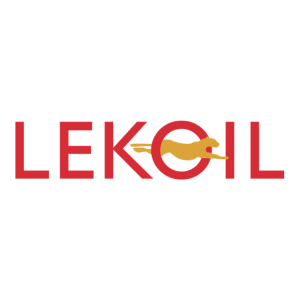
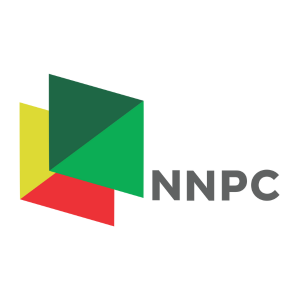
_weblogo_2.png?ext=.png)
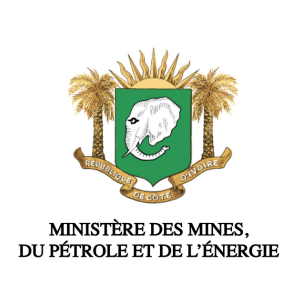

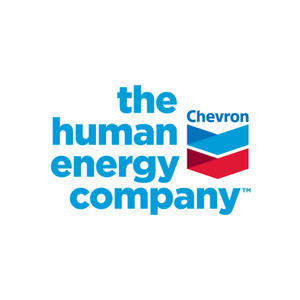


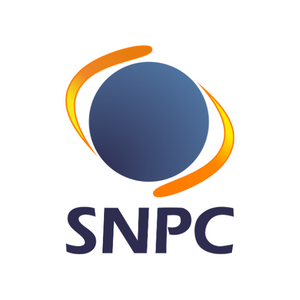

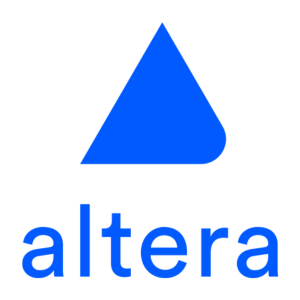
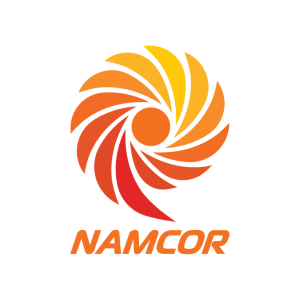
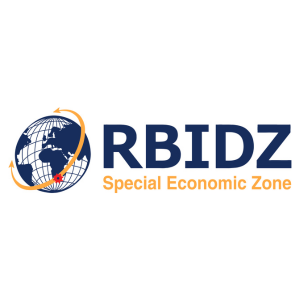

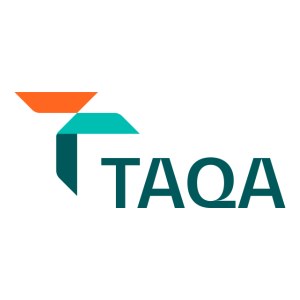
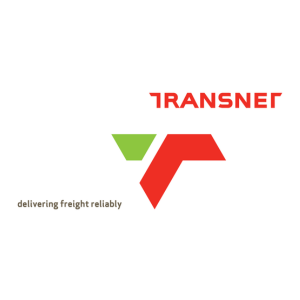

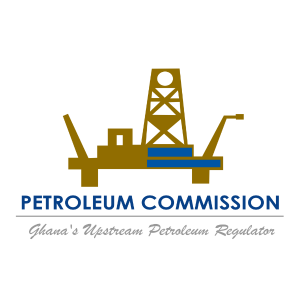
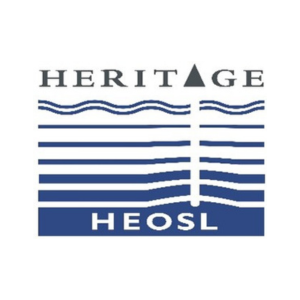
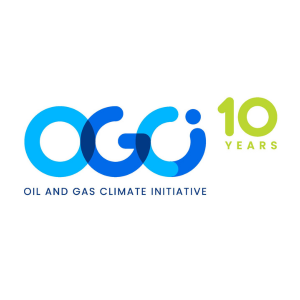
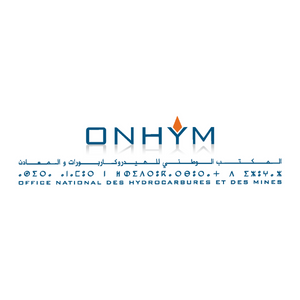
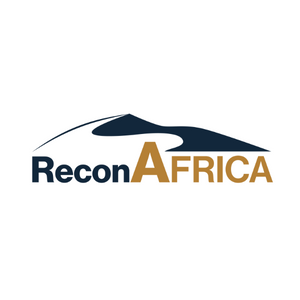
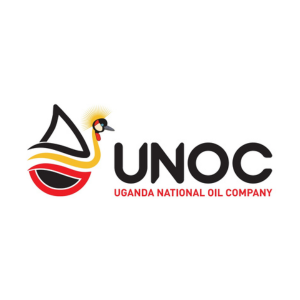
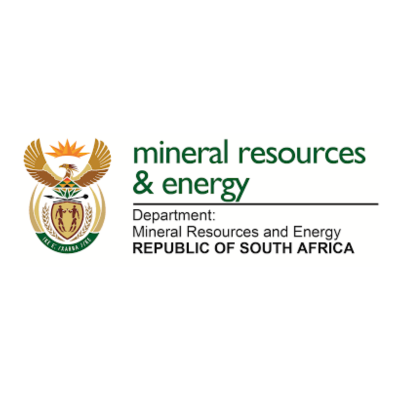
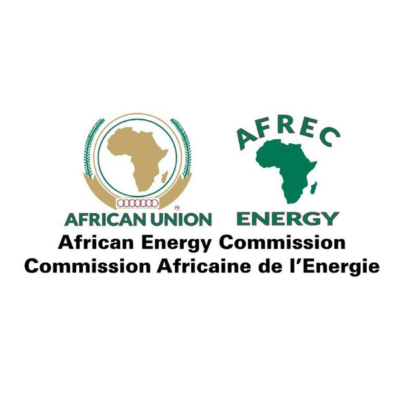
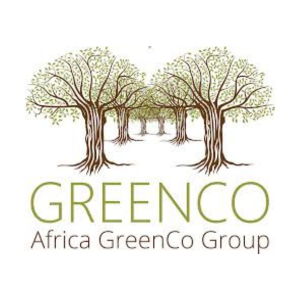
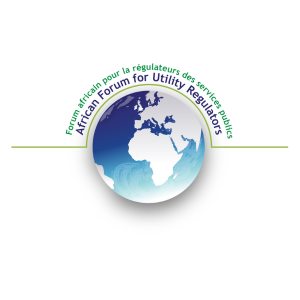

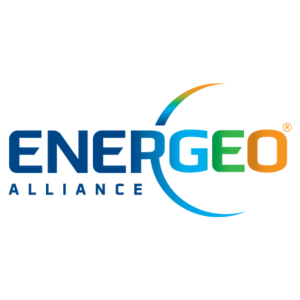
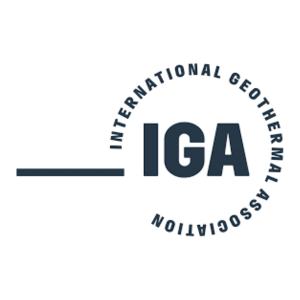
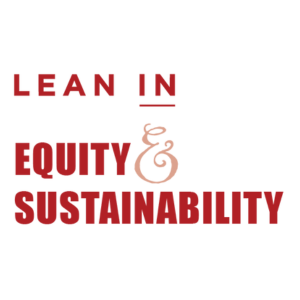
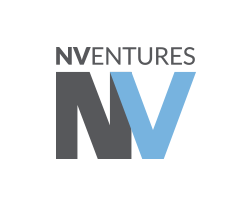
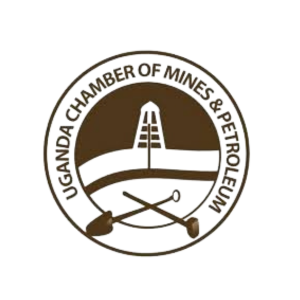



.jpg?ext=.jpg)
